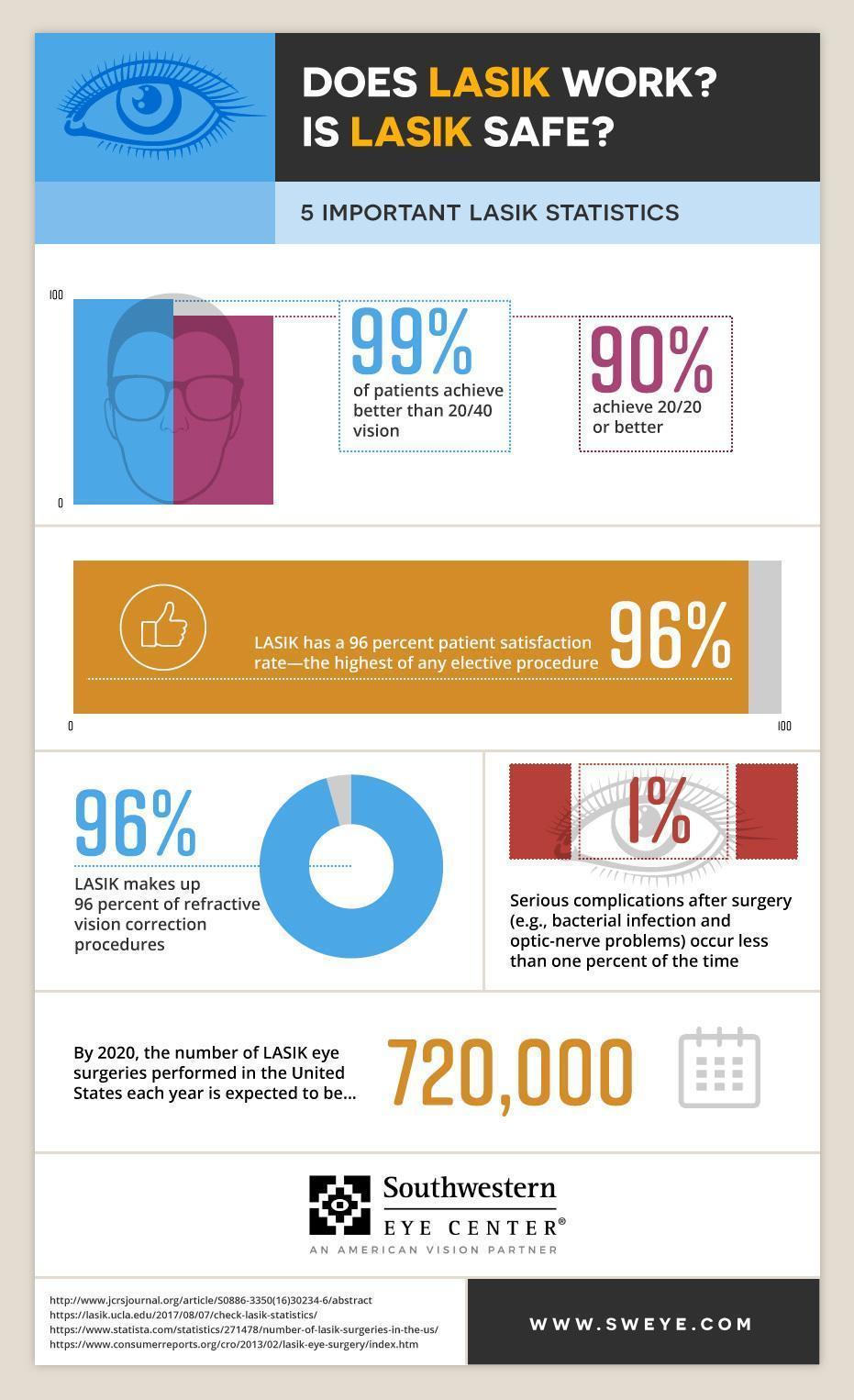If you're taking into consideration refractive lens exchange, you possibly have a great deal of concerns. This procedure could alter exactly how you see the world, offering advantages like decreased dependancy on glasses. Nevertheless, it's vital to recognize the procedure, threats, and that qualifies as an excellent candidate. Allow's explore these crucial elements so you can make an educated decision about whether RLE is right for you.
What Is Refractive Lens Exchange and How Does It Work?
Refractive lens exchange (RLE) is a surgical procedure designed to replace your eye's natural lens with a man-made one, remedying vision issues like nearsightedness, farsightedness, or presbyopia.
Throughout the procedure, your specialist makes a tiny cut in the eye, eliminates your natural lens, and inserts an intraocular lens (IOL) tailored to your vision needs. This outpatient surgical procedure commonly takes around 15 to half an hour per eye and is done under regional anesthetic.
You'll likely notice improvements in your vision nearly quickly, though full recovery might take a couple of weeks. RLE is especially useful for those over 40 or with high prescriptions, using a resilient remedy compared to glasses or get in touch with lenses.
Your eye treatment expert can assist determine if RLE is right for you.
What Are the Benefits and Dangers of Refractive Lens Exchange?
Selecting refractive lens exchange can lead to significant enhancements in your vision, yet it is necessary to weigh both the advantages and risks before deciding.
On the plus side, this treatment can boost your sight by remedying problems like presbyopia, myopia, and hyperopia. Many clients enjoy minimized reliance on glasses or get in touch with lenses, which can significantly boost their lifestyle.
Nevertheless, https://antoinette.federatedjournals.com/the-individual-experiences-and-crucial-insights-of-lasik-specialists-can-reshape-your-understanding-before-the-procedure-what-are-they-not-divulging-to-you to think about prospective risks. Issues can include infection, glare, or halos around lights.
There's additionally just click the following page of overcorrection or undercorrection, which might need added treatments.
Who Is an Ideal Prospect for Refractive Lens Exchange?
If you're thinking about refractive lens exchange, it's important to know whether you fit the account of an optimal prospect. Generally, you may be a good candidate if you more than 40, experience presbyopia, or have high levels of nearsightedness or farsightedness.
It's likewise vital that your vision is steady, implying your prescription hasn't changed significantly in the past year. If you have cataracts or other eye problems, you might take advantage of this procedure too.
Nonetheless, specific factors, like uncontrolled diabetes or autoimmune conditions, can invalidate you. To establish your candidacy, talk to an eye care expert who can review your particular situation and advise the best course of action tailored to your needs.
Verdict
To conclude, refractive lens exchange can be a transformative option for enhancing your vision, particularly if you more than 40 or have a high prescription. While the advantages are substantial, it's crucial to evaluate the threats and talk to your eye treatment professional to figure out if you're an excellent prospect. With the best details and assistance, you can make a notified choice and potentially delight in a life with decreased dependancy on glasses.
